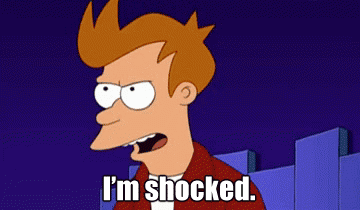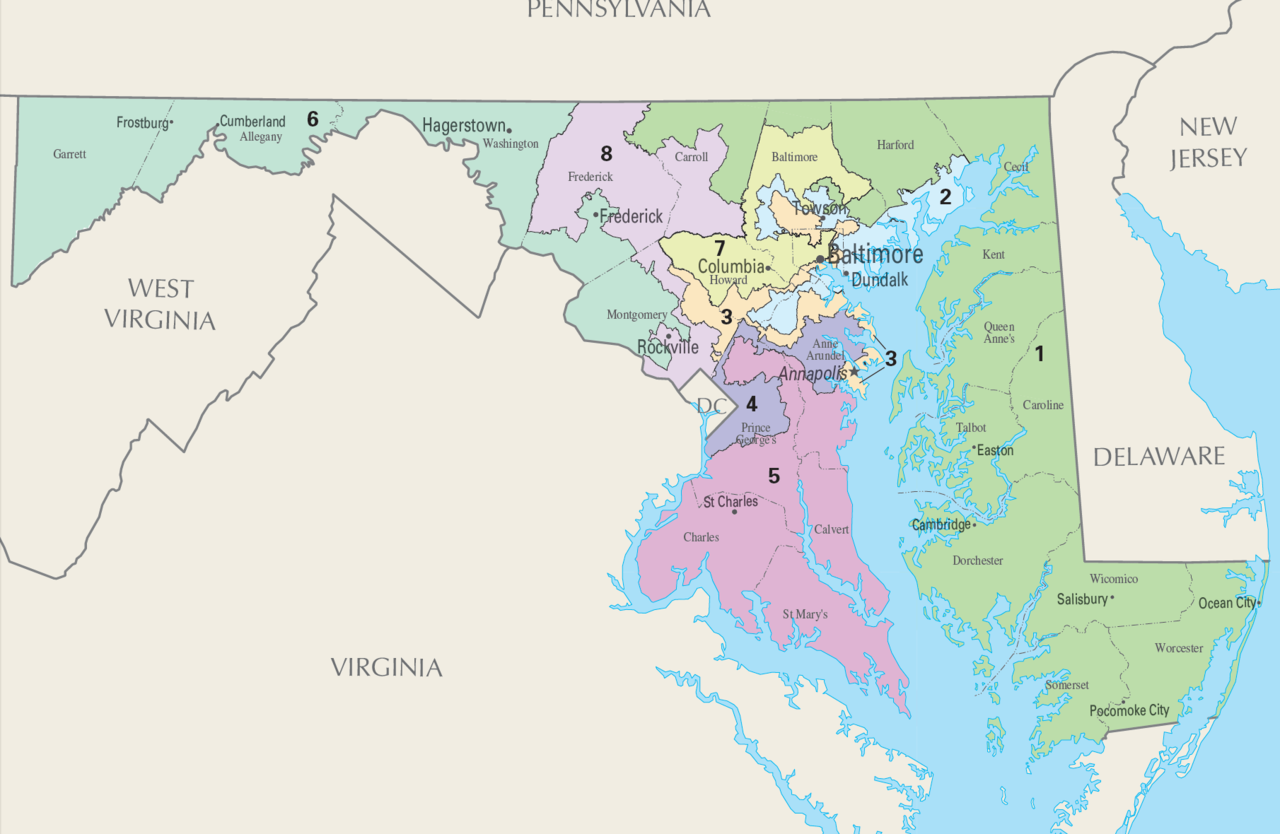whyamihere
Banned
http://www.vox.com/the-big-idea/201...oral-integrity-states-gerrymandering-voter-id
/cdn0.vox-cdn.com/uploads/chorus_asset/file/7698385/Fig_1.jpeg)
/cdn0.vox-cdn.com/uploads/chorus_asset/file/7698533/Pippa.ranking.png)
Tapping experts for their opinions about local electoral integrity
The core concept of “electoral integrity” refers to international standards and global norms governing the appropriate conduct of elections during the pre-election period, the campaign, polling day and its aftermath. For the 2016 US election, the Perceptions of Electoral Integrity staff gathered evaluations from 726 political scientists based at universities in each state. We asked respondents, two weeks after polling day, to evaluate electoral integrity in their own state.
The survey included questions touching on 49 core indicators of electoral integrity, which were then grouped into 11 categories reflecting all stages of the electoral cycle: pre-election, campaign, polling day and its aftermath. For example, the experts were asked whether elections were well managed, whether votes were counted fairly, whether boundaries for candidates’ districts were set fairly, whether newspapers provided balanced election news, if ballot boxes were secure, and whether women had equal opportunities to run for office, among many other issues.
Each category rating is standardized to 100 points. The dataset also includes an overall 100-point index created by summing all 49 indicators. We also gathered information about each state, including the partisan composition of state legislatures and the share of the vote in the 2016 presidential race, which allowed us to determine, among other things, whether voting integrity was correlated with support for either Hillary Clinton or Donald Trump.
The project also collected details about the individual experts, such as age, sex, and ideological positions, to test whether these characteristics were systematically associated with evaluations of electoral integrity.
Is the resulting data reliable? It can be argued that political scientists are not neutral judges, given the well-known academic bias towards supporting liberal values (and, often, liberal political parties). But the external validity of the Perceptions of Electoral Integrity Index has been widely tested in previous research and found to be strongly correlated with other standard sources of evidence, like Freedom House and Polity.
It is important to be cautious when interpreting absolute rankings, since the differences between states were often relatively modest. What’s more, the number of responses was limited in some states, such as Utah and North Dakota (although none of the states with limited responses are among the worst performing). Finally, as its name suggests, the survey measures expert perceptions of the integrity of the voting process. Experts’ opinions serve as proxies for the underlying phenomena. However, the opinions are experts are valuable in their own right; if many people think that there is fraud, this is a problem, even in the absence fraud. The PEI index has been widely cited by scholars and practitioners around the world, and has become the most comprehensive measure for comparing electoral performance from Australia to Zimbabwe.
We present here some initial results, but we are still sifting carefully through the evidence. Our results should eventually be compared with other data as it becomes available — including state performance indices (such as voting wait times and turnout rates), forensic analysis of precinct-level voting statistics, scrutiny of credible complaints and legal cases, surveys of poll-workers and local electoral officials, analysis of social media, and surveys of public opinion.
Figure 1 shows how experts evaluated the 2016 elections across all 50 US states and DC, on a 100-point scale. The patterns show that the south remains the region that local experts believe has the lowest levels of electoral integrity. The Supreme Court essentially ruled that voting restrictions in the South are a bygone problem when it blessed elimination of Section 5 of the Voting Rights Act, which had required states with a history of racial discrimination to get Department of Justice approval before changing voting laws. But evidence from these expert evaluations suggests that that decision may have been unduly optimistic. By contrast the Pacific West and New England were the regions that experts view most positively with respect to the quality of their elections.
/cdn0.vox-cdn.com/uploads/chorus_asset/file/7698385/Fig_1.jpeg)
/cdn0.vox-cdn.com/uploads/chorus_asset/file/7698533/Pippa.ranking.png)



